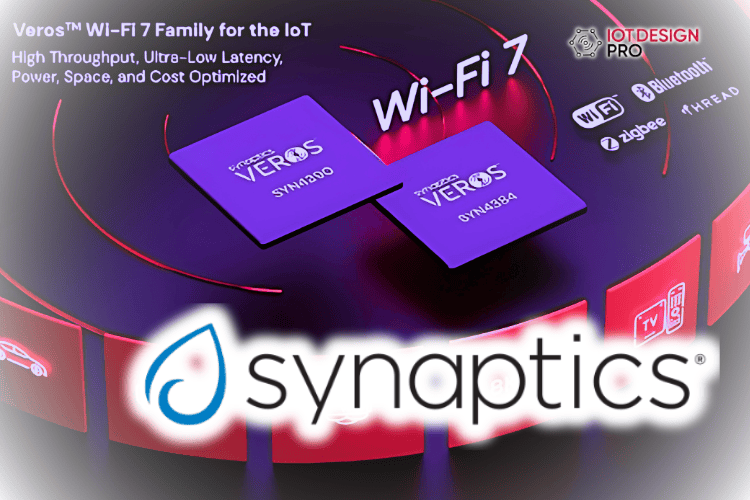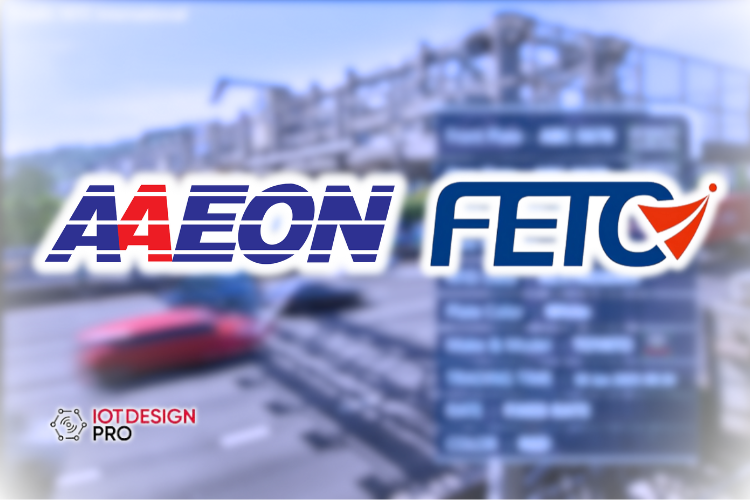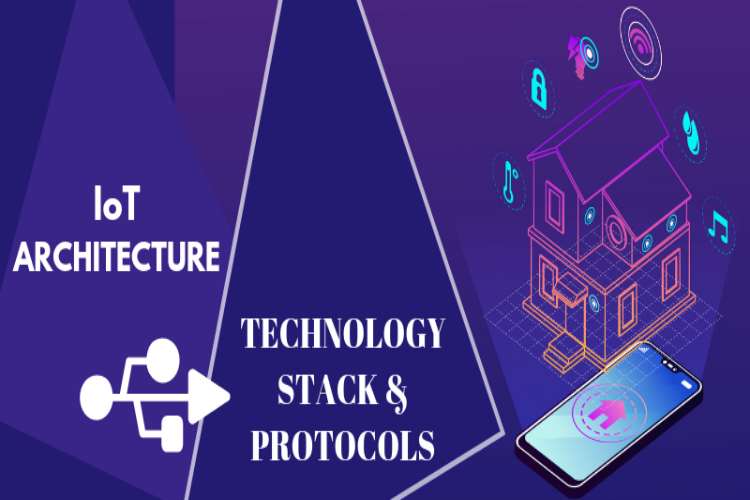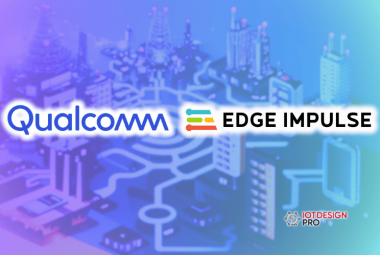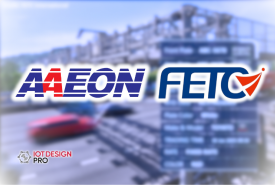The benefit is that the Indian industry will be saved from a huge challenge like high-cost for purchasing IoT solutions from the global companies
The government of India is now looking forward to unleash an in-house IoT stack based on open source tools and software after the successful deployment of digital public infrastructures such as Aadhaar, Unified Payments Interface (UPI), DigiLocker, etc. According to the officials, the plan is to introduce a low-priced and secured solution for the people.
Experts claim that this upcoming solution will have a huge positive impact on MSMEs, start-ups to seamlessly integrate and group the technologies used in the connectivity of devices with data management as well as storage requirements, according to an exclusive report of the Financial Express. In a recent meeting among the ministry of electronics and IT, the department of telecommunications (DoT) and industry insiders, it was decided to craft an indigenous IoT stack.
Industry leaders feel that the necessity of secured and trusted solutions for the connected devices and data storage is mounting each year. Therefore, both the government executives and the industry leaders are looking forward to a stack that would flawlessly integrate all the layers like software, hardware, communications, and cloud. These are the base for every IoT stack. Officials also told the media that it is now the urgent need of the hour for the nation to have its own standards for IoT so it can assist in building an in-house and inclusive data economy.
The benefit is that the Indian industry will be saved from a huge challenge like high-cost for purchasing IoT solutions from the global companies. According to the report of the Financial Express, the development comes against the backdrop of Tata Consultancy Services’ (TCS’) indigenous 4G, 5G stack, built in collaboration with Tejas Networks which is close to being deployed commercially. Other countries have also evinced interest in deploying DPI as well as the telecom stack.
Currently, various researches are being carried out to check how to develop tools, which are needed for data management, device connectivity, and integration with third party vendors as well as APIs (application programming interfaces) to help MSMEs to have cost effective IoT model, which will further in saving the operational costs.

